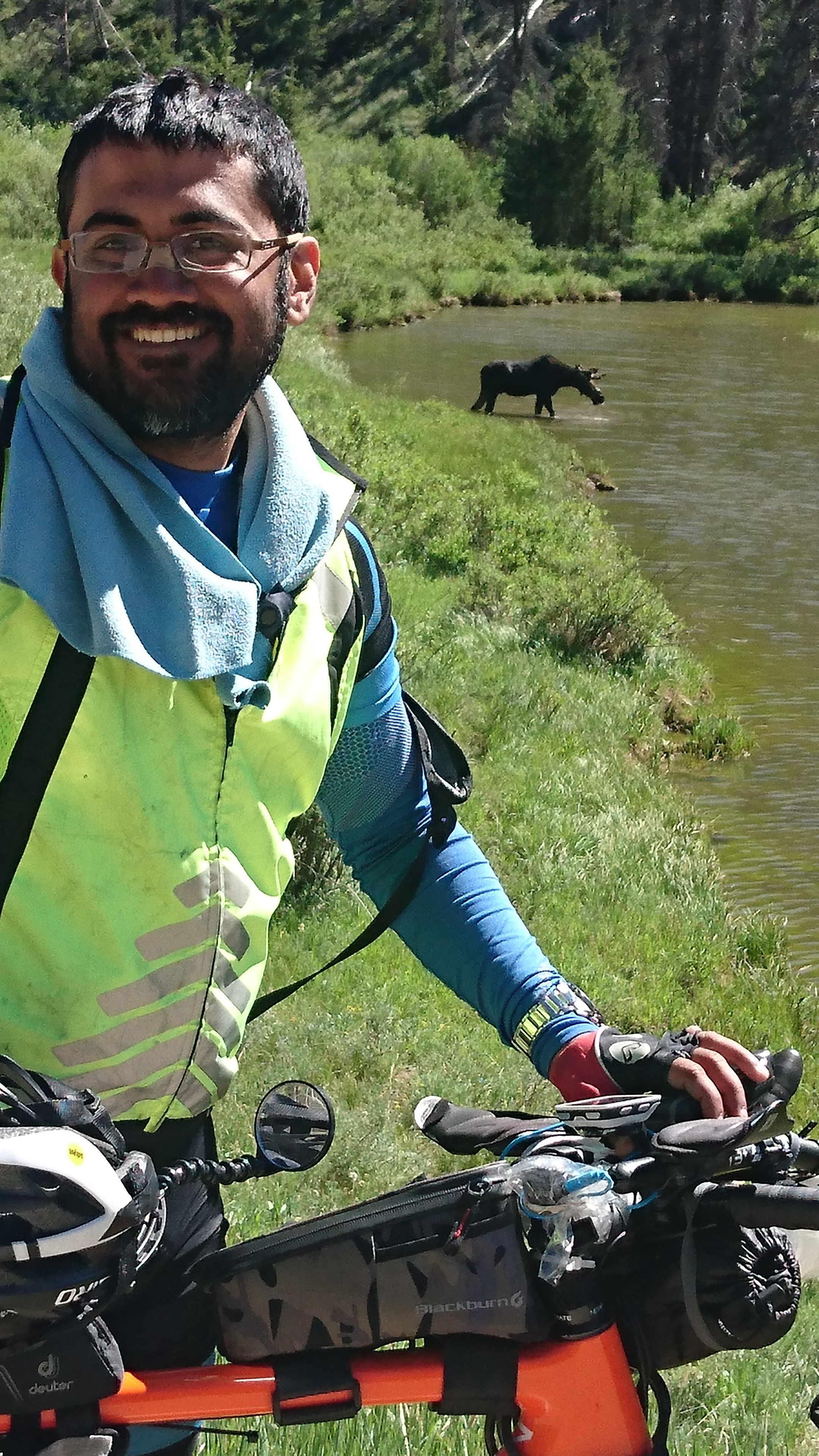Accents and ear for accents
I was rewatching Tarantino's 'Inglourious Basterds' tonight, and it features a most interesting plot element; a German soldier overhears a British spy, masquerading as a German soldier, and gets immediately suspicious on account of the spy's accent, which he cannot place. What follows is some typical over the top violence, served Tarantino style, but this post isn't about that.
Though vast number of people speak the same language, they bring to it their own special lilts, intonations and accents. Then, there's also the 'purity' of a language; people tend to add words from other languages that they are aware of, or speak as second languages, to it. My native tongue is Kannada, the primary language of Karnataka, which boasts of about 40 million native speakers, and a great many more speak Kannada as a secondary language. The Kannada spoken in and around Bangalore or Mysore is quite distinctly different from the Kannada spoken in Mangalore, or Dharwad. The Kannada in Mangalore gets liberal helpings of Tulu and Konkani, which not only add words, but also a different pronunciation. Belgaum, Dharwad etc, on account of proximity to Maharastra and large number of people moving there from Maharastra, brings in a strong Marathi influence on the Kannada. People with keen ears can not only pick the geographical region the speaker hails from, but also one's religion/caste. Hyderabadi Muslims for instance speak Urdu with an accent/style which is highly specific and distinguishable from Urdu spoken anywhere else in India. Kannadigas from the Gowda community bring in their own distinct pronounciations, which language purists may opine as imperfections, but if dialects are not considered imperfections, why label alternate pronounciations as corruptions or imperfections? One of my prefered ways to cause my grandfather some consternation, was to speak with a Gowda accent. He'd get furious, saying my language was getting corrupted under the influence of my Gowda friends! Some people, like notable Kannada thespian, the late Dr. Rajkumar spoke with an accent which is widely regarded as 'pure', and bereft of the diction that was associated with people of his caste. His children, who are also actors, speak with the accent which is associated with members of their caste.
Another interesting this is how one's accent acquired during childhood changes when one moves to a different geographical location. While some people completely overwrite their original accents with a new one, others seem to be able to maintain multiple accents and switch at will; this isn't faking an accent, but merely using what they feel is more appropriate, given the company. I met Arvind Mallya, a friend I made on facebook, face to face, for the first time, last year, and I've visited him and his family quite a few times since then. Arvind's Kannada is quite rusty, but his accent is still very true to his roots. He was mentioning about the time he'd eaten in a Bangalore restaurant where the restaurant owner not only picked up where he was from, but also the fact that he'd been away for an extended period of time! I once read a novel called 'Flash Point!' by Hugh Gantzer, in which a character, Dr Harihara Subramanian, speaks English with a strong Tamil accent. In a moment of tension and stress, he speaks without any hint of an accent, much to the surprise of his colleague. When questioned, he asks whether it would not be more boring, if everybody spoke with a neutral accent, and promptly returns to his thick accent. I wholeheartedly agree with that sentiment.
